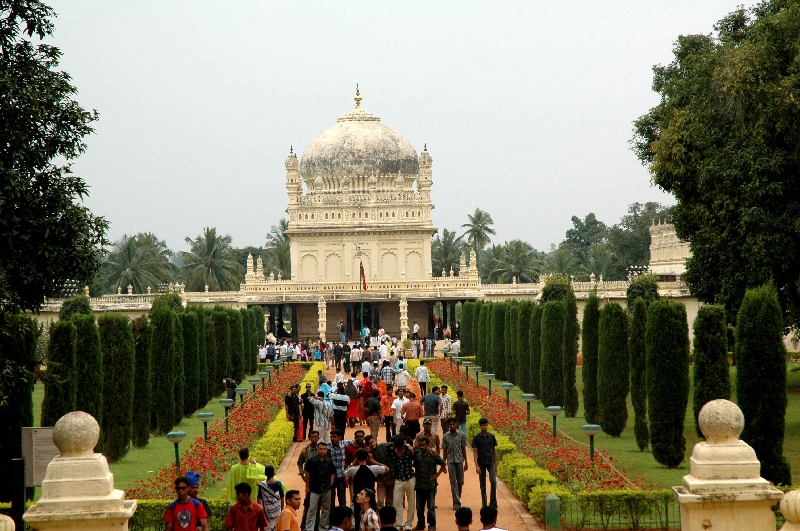Yes, it was this very day that many years ago.
After two days of discussions, on October 19th, Cornwallis,:
signed orders surrendering his British Army to a combined French and American force outside the Virginia tobacco port of Yorktown. Cornwallis' second-in-command, Charles O'Hara, attempted to deliver Cornwallis's sword to French general, Comte de Rochambeau. But Rochambeau directed O'Hara to American General George Washington, who coolly steered the British officer to Washington's own second in command, Major General Benjamin Lincoln.He then went home to England.
And then?
In 1786 Cornwallis headed to India to take over as the Governor General, and helped consolidate the colonization of India, particularly through the extremely successful divide-and-conquer strategy that the British so successfully pursued. If only the various kingdoms had seen through the divisive approach, the outcomes--particularly in the military conquests--would have been disastrous for Cornwallis and the British.
Conwallis defeating Tipu Sultan was a tragic story that I read as a young boy. Of course, there is no end to controversies related to Tipu Sultan and his father Hyder Ali. But then, hey, remember that it is a land of argumentative Indians
I vaguely recall a romantic story involving the very religious Tipu Sultan and a Hindu woman ... maybe it is my imagination?

No comments:
Post a Comment